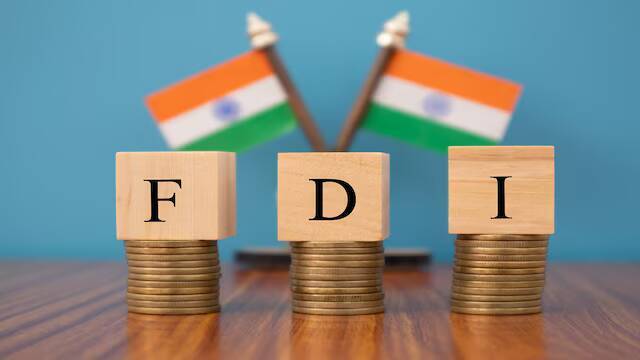
UPI to interlink with European instant payment system TIPS
The Reserve Bank of India (RBI) has announced a significant development in the realm of cross-border payments. On Friday, the RBI revealed that it will be interlinking the Unified Payments Interface (UPI) with the TARGET Instant Payment Settlement (TIPS) of the Eurosystem. This move is expected to revolutionize the way cross-border payments are made between India and Europe, making them cheaper and quicker.
For those who may not be familiar, UPI is a popular payment system in India that allows users to make instant transactions between bank accounts. It has gained immense popularity in recent years due to its convenience and ease of use. On the other hand, TIPS is the European instant payment system that enables fast and secure payments across the European Union.
The interlinking of UPI with TIPS is a significant step forward in promoting cross-border payments between India and Europe. Currently, cross-border payments can be time-consuming and expensive, with high transaction fees and lengthy processing times. However, with the interlinking of UPI and TIPS, individuals and businesses will be able to make instant payments across borders at a lower cost.
The RBI has stated that it has been actively pursuing the interlinking of India’s UPI system with other countries’ instant payment systems. This move is part of the RBI’s efforts to enhance the efficiency and speed of cross-border payments, and to promote the use of digital payments in India.
The interlinking of UPI with TIPS is expected to have a significant impact on trade and commerce between India and Europe. With faster and cheaper payment options, businesses will be able to conduct transactions more efficiently, and individuals will be able to send and receive money across borders with greater ease.
One of the key benefits of this interlinking is the reduction in transaction costs. Currently, cross-border payments can attract high fees, which can be a significant burden for individuals and businesses. However, with the interlinking of UPI and TIPS, transaction costs are expected to decrease, making it more economical for people to make cross-border payments.
Another benefit of this interlinking is the increased speed of transactions. Currently, cross-border payments can take several days to process, which can be frustrating for individuals and businesses who need to conduct transactions quickly. However, with the interlinking of UPI and TIPS, payments will be processed in real-time, allowing for faster and more efficient transactions.
The interlinking of UPI with TIPS is also expected to promote financial inclusion in India. With the ability to make cross-border payments more easily and at a lower cost, individuals and businesses in India will have greater access to global markets and financial services. This can help to promote economic growth and development in India, and can also help to reduce poverty and inequality.
In addition to the benefits mentioned above, the interlinking of UPI with TIPS is also expected to enhance the security and stability of cross-border payments. TIPS is a highly secure payment system that uses advanced technology to protect transactions and prevent fraud. By interlinking UPI with TIPS, the RBI is ensuring that cross-border payments are made in a secure and stable environment, which can help to build trust and confidence in the payment system.
Overall, the interlinking of UPI with TIPS is a significant development in the realm of cross-border payments. It has the potential to promote cheaper and quicker payments between India and Europe, and can help to enhance trade and commerce between the two regions. The RBI’s efforts to interlink UPI with other countries’ instant payment systems are also noteworthy, and demonstrate the bank’s commitment to promoting digital payments and financial inclusion in India.
In conclusion, the interlinking of UPI with TIPS is a significant step forward in promoting cross-border payments between India and Europe. With its potential to reduce transaction costs, increase the speed of transactions, and promote financial inclusion, this development is expected to have a significant impact on trade and commerce between the two regions. As the RBI continues to pursue the interlinking of UPI with other countries’ instant payment systems, we can expect to see even more innovative developments in the realm of digital payments in the future.




